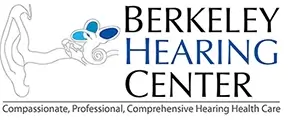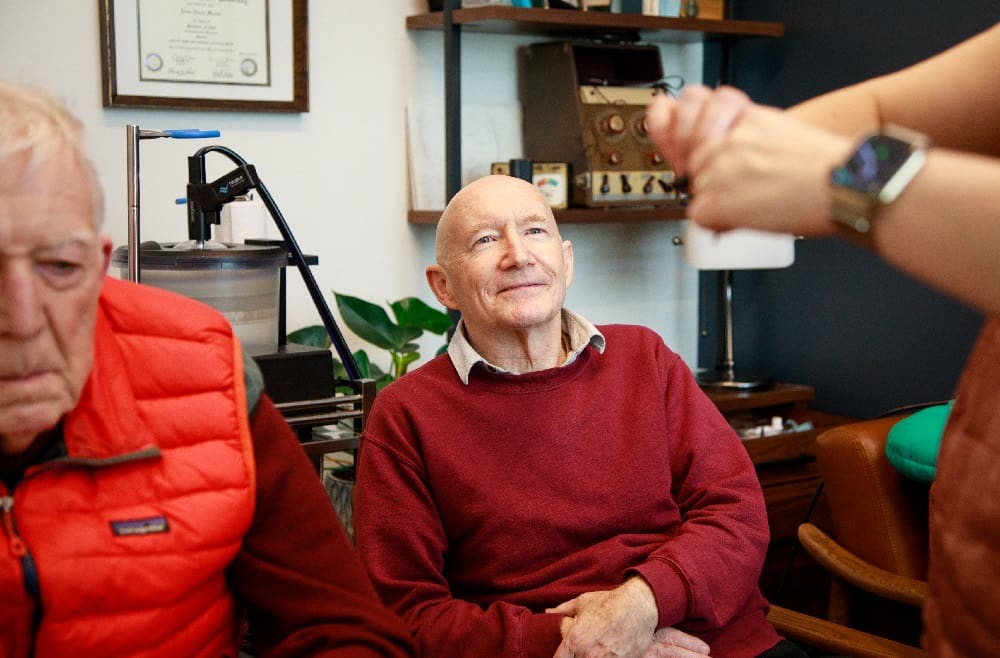2019-10-28
Jonathan Lipschutz Audiologist, M.S., F-AAA, Co-Owner
“Don’t put anything in your ear smaller than your elbow.”
I don’t know when I first heard that old adage, or from whom, but as a child I didn’t understand how you could put something in your ear larger than your elbow (or why you’d want to for that matter). As an audiologist, I say it at least once a week, typically when someone asks me how to clean their ears. Don’t. Why do people think that they need to clean their ears?!
Over the years, somehow it has been collectively ingrained in us that ear wax, though naturally produced by the body, is somehow dirty and/or harmful and needs to be removed.
Ear wax is one of those misunderstood and unappreciated aspects of our bodies. Ear wax is made of the secretions of two glands, the ceruminous and sebaceous (or sweat) glands. The technical name for ear wax, cerumen, is based on the former. Like all aspects of our body, evolution has created something that helps keep our bodies healthy and functioning appropriately. Cerumen plays several positive functions for the ear-it moisturizes/lubricates the tissues of the external ear canal, has antimicrobial/antifungal properties and cleans the ear by way of a ‘conveyor belt’ process.
To be clear, the vast majority of people do not need to have their ears ‘cleaned’, as ears are effectively self-cleaning mechanisms. Hence that old adage about the ‘elbow’. In fact, the use of ‘tools’ (cotton swabs/Q-tips, pen caps, ‘ear candles’, etc.) can cause more problems than they are meant to solve. At a minimum, these problems can include cerumen impaction, eczema/dermatitis, external ear infections (otitis externa) and tympanic membrane perforations.
In more severe cases, people have experienced total deafness, prolonged vertigo, loss of taste, facial paralysis and infections of the brain due to cranial abscesses. It’s no joke.
Now, as with many things, too much of a good thing can be a bad thing. In addition, even though our ears are naturally self-cleaning, with so many things in our ears nowadays (earbuds, hearing aids, Bluetooth headsets, etc.) there are folks who need to have cerumen removed ‘unnaturally’. Professionally, removal of earwax is within the scope of practice for Audiologists and Otorhinolaryngologists, but specifically not ‘Hearing Aid Dispensers’ (also known as ‘Hearing Instrument Specialists’). As with anything, if you’re not sure what to do, consult a professional. That’s what we’re here for.
https://berkeleyhearing.com/wp-content/uploads/2024/05/Need-help-with-your-hearing-1.jpg
Jonathan Lipschutz Audiologist, M.S., F-AAA, Co-Owner






